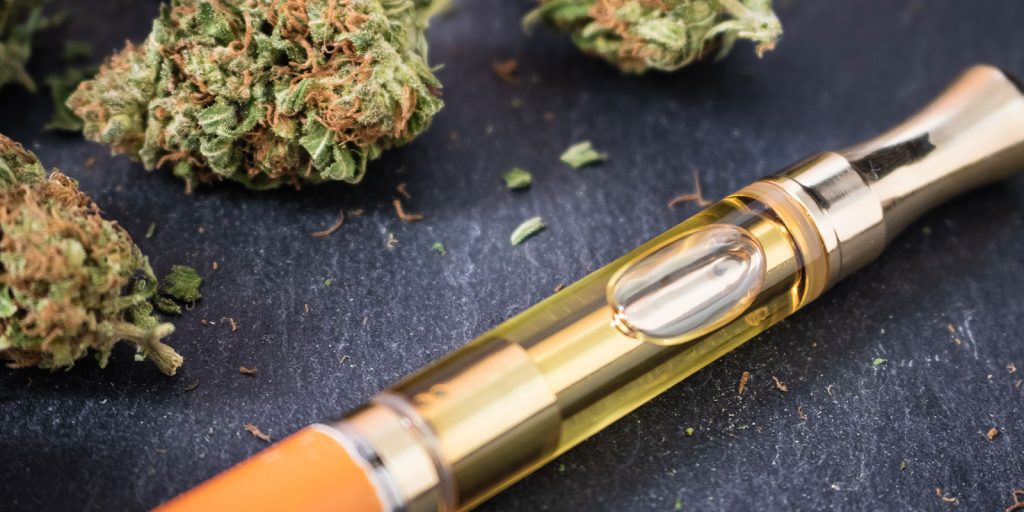Is HHC the Next Big Thing? A Science and Popularity of HHC Vape Cartridges
HHC, or Hexahydrocannabinol, is emerging as a noteworthy contender in the world of cannabinoids, sparking considerable interest among consumers and industry professionals alike. As a hydrogenated derivative of THC, HHC is attracting attention for its unique properties and potential applications, particularly in the realm of vape cartridges. The buzz around HHC is fueled by its chemical structure, which is similar to THC but altered enough to potentially offer a distinct experience. From a scientific perspective, HHC is formed through the hydrogenation process, where THC is exposed to hydrogen in the presence of a catalyst. This process transforms THC into a more stable compound, with the goal of enhancing its shelf life and usability. One of the notable aspects of HHC is its purported resistance to oxidation, which could make it a more stable and longer-lasting option compared to its precursors. This stability is particularly appealing in the vape industry, where the degradation of cannabinoids can affect the overall quality and efficacy of the product.

In terms of effects, best hhc carts is reported to produce psychoactive effects similar to THC, though many users find its impact to be somewhat milder. This difference is thought to be due to the hydrogenation process altering the way HHC interacts with the endocannabinoid system. Some anecdotal reports suggest that HHC might offer a smoother experience with potentially fewer side effects, such as paranoia or anxiety, which are sometimes associated with THC use. However, comprehensive scientific research on HHC’s full range of effects is still limited, and much of what is known comes from user experiences and preliminary studies. The popularity of HHC vape cartridges is also being driven by the broader trends in the cannabis industry. As consumers seek out new and innovative products, HHC offers a novel alternative to traditional THC and CBD products. The appeal lies not just in its unique effects but also in its potential for novel formulations and experiences. HHC’s emergence is part of a larger movement towards exploring and utilizing lesser-known cannabinoids, driven by both curiosity and the desire for diverse therapeutic and recreational options.
Regulatory considerations are also playing a role in the rise of HHC. While THC and CBD are subject to varying degrees of regulation depending on the jurisdiction, HHC occupies a more ambiguous legal space. This gray area can make HHC a more attractive option for companies and consumers looking for alternatives that might not face the same legal restrictions as traditional cannabis products. However, it is important to note that as HHC gains popularity, regulatory scrutiny is likely to increase, potentially impacting its availability and market dynamics. In conclusion, HHC represents an intriguing development in the cannabinoid market. Its potential benefits, including stability and a unique psychoactive profile, combined with the broader consumer interest in novel cannabis products, position it as a noteworthy contender in the industry. However, the current lack of extensive scientific research and the evolving regulatory landscape mean that while HHC may indeed be the next big thing, its future will depend on ongoing studies, regulatory developments, and consumer feedback. As with any emerging product, staying informed and cautious will be key to navigating its rise and impact in the market.
